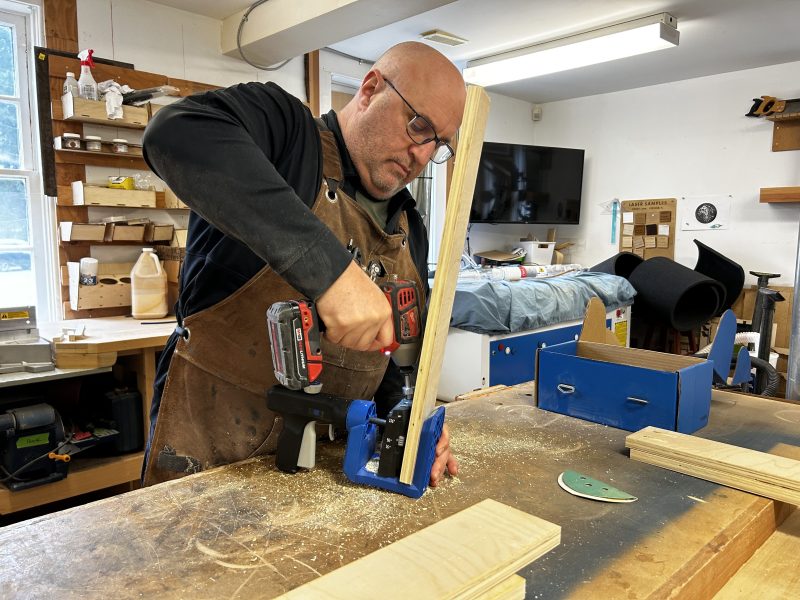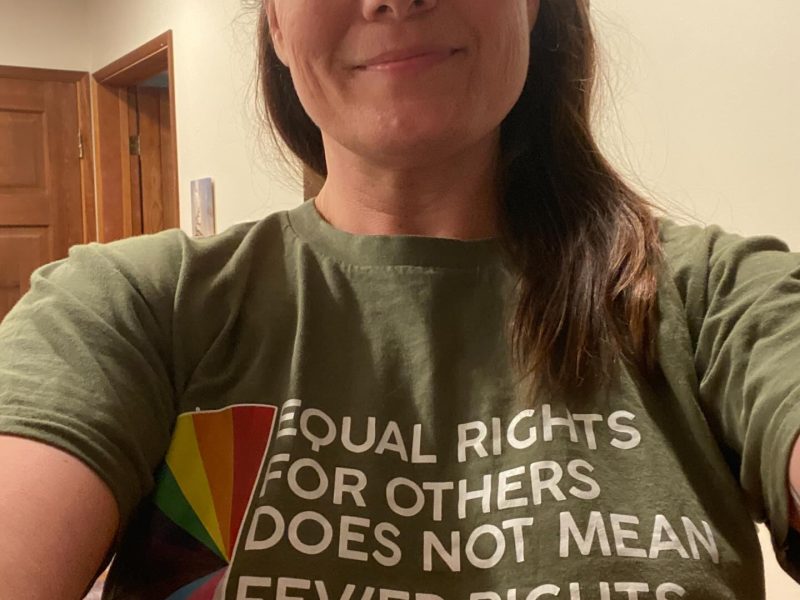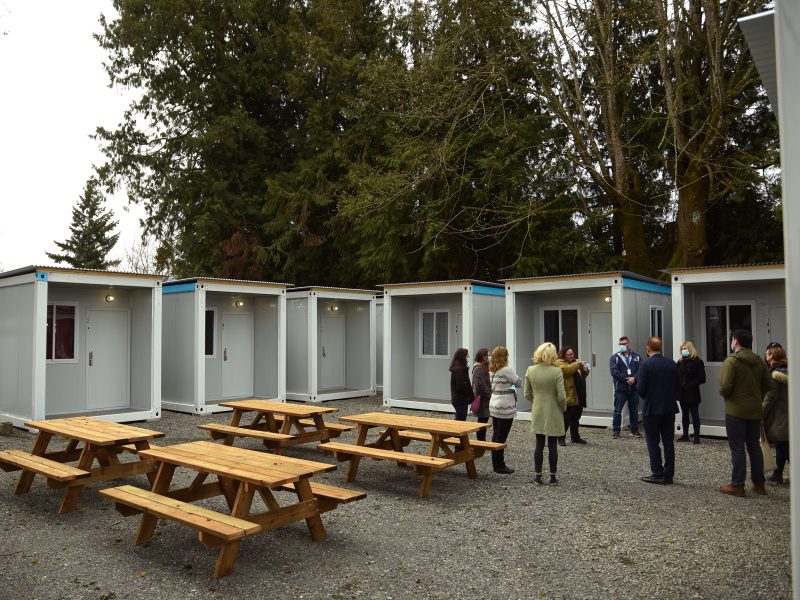
The rain mostly held off on a grey Sunday last month as dozens of people gathered on Quw’utsun (Cowichan) territory, by the Xwulqw’selu Sta’lo’ (Koksilah River), to plant cedar trees.
Quw’utsun Elders led the event, which took place at Bright Angel Park. It was in part a ceremony, and in part a tangible gift for future generations.
Elder Tousilum (Ron George) says the idea came to him after hearing about climate change impacts on cedar, and how some areas that used to support abundant cedar trees will lose them to drought.
The Hul’q’umi’num’ word for cedar is xpey’. Listen to the pronunciation, with credit to First Voices, here:
Xpey’ is critically important to Quw’utsun people, Tousilum says. “It’s a culture and a tradition that we so rely on.” The bark, the roots and the tree itself all have important roles to play.

“And so we look to the cedar for every means that it can help us out, whether it’s a canoe, or it could be a mask, or it could be a rattle, or it could be just so many things in our culture and our tradition that we just can’t do without — because of the strength of it. This forest, man, it’s just so powerful.”
Many of those gathered were Quw’utsun people, and many came from other places around the world. Some shared their ancestries after an invitation to do so from one of the Elders. Six of the siblings in Tousilum’s large family attended in a show of solidarity and support.
“I know our parents and grandparents believe in everything we’re doing and fully support us in any way,” Tousilum says.

The group gathered across generations, from tiny toddlers to the wisest Elders. Together, they grabbed bundles of small seedlings and larger potted trees. Everyone was invited to dig holes. It was fitting — the trees were planted in memory of the children who never came home from residential “schools,” and as a gift for the children of the future.
The hope is that these trees will be tended to and cared for so that they are available for seven generations into the future, Tousilum says.

It took years of planning to bring everyone together on that day, Tousilum says. It resulted from many conversations with Cowichan Tribes and local governments. The group of Elders that lead the Cultural Connections project, facilitated by Social Planning Cowichan, played a key role.
The event was not the end of the journey, but the beginning. The group is planning a gathering of the carvers, the cedar weavers and all the people with a relationship to xpey’ to continue the conversation and plan for the future. The hope is for the project to spread to other communities through Coast Salish territories and beyond.
“It doesn’t stop here,” Tousilum says. “It’s gonna move. It’s gonna carry on and that voice will always be out there. It’s bringing people together.” [end]



